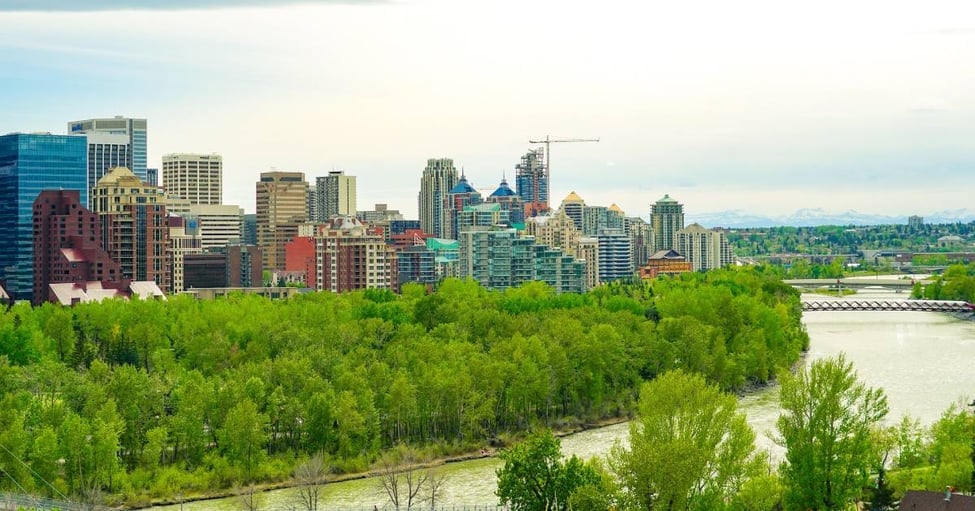As the popularity of short-term rentals and platforms like Airbnb continues to soar, Canada grapples with the challenge of regulating this booming industry. With each province and territory having its own set of rules, navigating the patchwork of regulations becomes essential for both hosts and guests.
Here is what I can tell you about the various influences to be aware of across Canada.
Provincial variances
Regulations for short-term rentals are far from uniform throughout our country, since each province and territory has the autonomy to establish its own rules. British Columbia, for instance, implemented the "Speculation and Vacancy Tax" in certain regions, aiming to curb housing shortages exacerbated by short-term rentals.
Conversely, Alberta, like the majority of provinces, takes a more hands-off approach and leaves cities and townships to decide on regulations.
Municipal authority
Municipalities play a pivotal role in shaping the short-term rental market. Cities like Calgary, Edmonton, Toronto, Vancouver and Montreal have introduced their own bylaws to address the unique challenges posed by Airbnb and similar platforms.
These bylaws may include licensing requirements, occupancy limits and zoning regulations. Hosts need to be aware of and adhere to these local rules as they can vary significantly from one municipality to another.
Licencing and registration
Across the country, mandatory licencing or registration systems for short-term rentals have been introduced in many locations. These mechanisms are designed to ensure that hosts comply with safety standards, zoning laws and other regulations. Prince Edward Island and Nova Scotia have implemented such rules province-wide, while in other provinces, putting these in place is typically left up to individual municipalities.
Failure to obtain the necessary licences or registrations can result in fines or other penalties. It should be noted that the city of Calgary has approved new short-term rental licencing rules to take effect January 1, 2024.
Zoning bylaws
Zoning regulations are a critical aspect of short-term rental rules, determining where hosts can legally operate their rentals. In some areas, residential zones may have restrictions on the number of nights a property can be leased or may prohibit short-term rentals altogether. Understanding and adhering to these zoning regulations is crucial for hosts to avoid legal issues.
Occupancy limits
To prevent disturbances and maintain the residential character of neighborhoods, many jurisdictions impose occupancy limits on short-term rentals. These limits dictate the maximum number of guests allowed in a property at any given time. Hosts must be aware of these restrictions and communicate them clearly to guests to avoid violating local regulations.
Taxation
Taxation is another complex facet of short-term rentals, with different provinces implementing various tax requirements. Some provinces, like Quebec, have a mandatory lodging tax that hosts must collect and remit to the government.
In addition, owners may need to report rental income for tax purposes. Compliance with tax regulations is important to avoid financial penalties and legal consequences. In January 2022, the federal government introduced the Underused Housing Tax that may also have an impact on short-term rentals.
Condo boards
If property owners plan to rent their condominium as an Airbnb, they must contend with additional rules set by condo boards or strata corporations, as they’re called in British Columbia. These bodies may place restrictions on short-term rentals within their buildings, and hosts must be aware of and adhere to these rules to avoid conflicts with the condominium community.
Finally
The patchwork of laws at the provincial, municipal and even neighborhood levels creates a complex landscape that demands careful navigation. Whether you're a property owner considering renting through Airbnb or a traveler looking for accommodation, understanding and respecting the rules in your chosen location is essential to ensuring a smooth and legal short-term rental experience.
Keep in mind, too, that new rules and regulations are being created all the time. If you’re looking for advice on renting out your property on a short-term basis, I am here to help.


